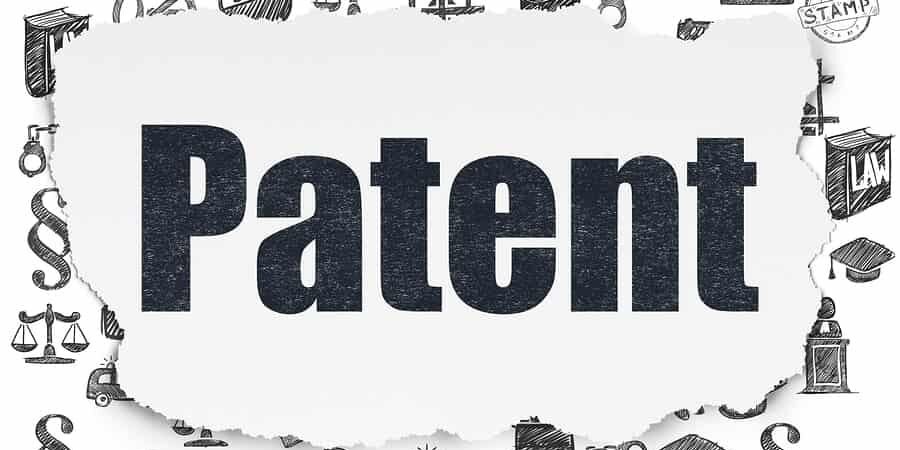A patent is an exclusive legal right given to an inventor for a new invention, allowing them to make, use, sell, and license the invention for a limited time, usually 20 years. It protects inventions like new machines, processes, chemical compositions, or improvements to existing technologies.
(Source: WIPO, USPTO)
Why is a Patent Used?
- To protect a new invention legally.
- To stop others from copying or using the invention without permission.
- To secure exclusive business rights in the market.
Why is a Patent Needed?
- Encourages Innovation: Inventors are motivated to create new technologies when their rights are protected.
- Protects Investment: Helps businesses and inventors secure returns on their research and development efforts.
- Promotes Economic Growth: Patented inventions can drive industries and create new jobs.
- Gives Recognition: Inventors are officially recognized for their contribution.

What are the Benefits of a Patent
- Exclusive Rights: Only the inventor can make or sell the invention.
- Market Advantage: Creates a monopoly for the inventor for a set period.
- Revenue Opportunities: Patents can be sold or licensed for profit.
- Business Value: Increases the value of startups and companies.
- Attracts Investment: Investors prefer patented innovations.
What is the Patent Law (Act) in Bangladesh
- In Bangladesh, patents are governed by the Patents and Designs Act, 1911.
- Patent registration and protection are managed by the Department of Patents, Designs, and Trademarks (DPDT) (DPDT website).
- The Act provides rules for filing, examining, granting, and protecting patents.
- Patent protection typically lasts for 16 years under the current law in Bangladesh (different from the 20 years standard in many countries).
